Understanding Medicaid
This has been a time when health care issues have risen to the fore. With this outrageous virus that has yet to find a vaccine, that has been hitting communities of color harder than any other, we have been barraged with the questions of what to do. Many of us live with underlying conditions. Many of us live managing more than a plate full. Many of us sacrifice caring for ourselves to care for others.
As a result, many caregivers are unable to care for others. As a result, there are many family members and loved ones that need to seek support to receive care or pay for care through governmental benefits because we do not have the resources to pay ourselves.
One of the resources that is very confusing is Medicaid. Medicaid is a federal resource that is managed by the states or District. As a result, each state or the District may have different criteria for eligibility. However, the basic considerations are generally the same. The program may be able to enable the loved one to live in their home with supports or live in a facility that has nursing care.
To be eligible there are two components to consider. The first eligibility threshold is the medical needs determinant. To be eligible, there needs to be physical issues defined as activities of daily living that require support. The Long-Term Care service eligibility is specific to the level of incapacity that is presented or the support that is needed.
Services in the District of Columbia include Adult Day Health programs, Personal Care Aide Services. The Elderly and Persons with Disabilities Waiver Program includes (1) Case Management; (2) Chore Aide; (3) Respite; (4) Personal Care Aide Services; (5) Homemaker; (6) Personal Emergency Response Services (PERS); (7) Environmental Accessibility Adaptation Services (EAA) services; (8) Adult Day Health; (9) Occupational Therapy; (10) Physical Therapy; (11) Assisted Living; (12) Participant Directed Community Support Services; and (13) Individual Directed Goods and Services.
Maryland’s Home and Community Based Waiver provides support for people aged 65 and above and people with disabilities who want to stay in their home and receive supports and meet the thresholds of income and physical needs as well. People who receive support in the nursing facility may be able to receive support through the Money Follows the Person program to transition to the community support.
Again, the government provides the financial support that is needed for care and the eligibility is defined based upon the resources that the person needing support has and the medical necessities.
After the person who receives the support has died the state or District government may try to recover the money that has been expended on the person. This is called estate recovery. Often, we hear of the “state” taking someone’s home.
As mentioned, the federal government requires the states to attempt to recover the funds that were paid out. If steps are not taken to protect the Medicaid recipients house it may need to be sold to settle the claim or the lien on the property for Medicaid recipients age 55 or older.
When there is a surviving spouse or child with disability living in the home are some of the exceptions that will not allow the property to be sold to satisfy the claim. Different jurisdictions have exemptions for undue hardships that will provide capacity for the family to maintain the home.
As I often say, the key is strategic planning prior to the crisis. The best time to plan is when you have the time to plan. In all your getting, get understanding.


